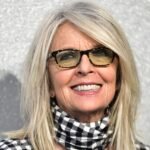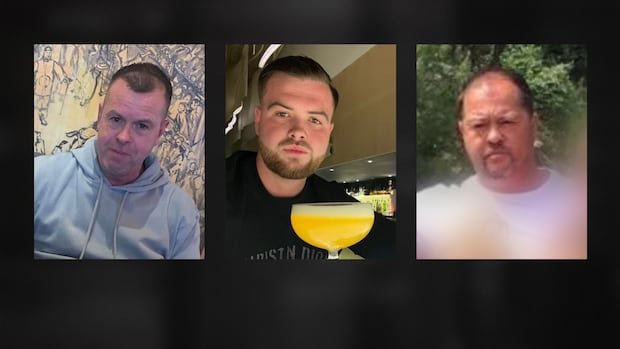This first-person article is the experience of Keith Wong, a medical student at the University of Ottawa who wants to become a family doctor. For more information on CBC’s first-person stories, see frequently asked questions.
When I think of Barcelona, I think of my parents. Not because they have ties to the city. They are Chinese (not Spanish) and have never been to Spain or even Europe.
But when my friends and I visited Barcelona two years ago, I left with nostalgic thoughts about my parents as an unexpected memory.
My friends and I were at a restaurant. Early at night, sleepy flies, melodious music on the radio. We were enjoying summer vacation after our first year of medical school.
At a nearby table, a middle-aged couple shared a slice of cheesecake. The woman’s worn shoes peeked out from beneath a wrinkled dress. The man’s chubby stomach pressed against his faded T-shirt, and his weather-beaten hands scraped graham cracker crumbs from the whiskers on his upper lip.
He listened silently to the woman’s talk, his eyes crinkling with satisfaction.
The couple reminded me of my parents. Most nights, they sit in front of the living room TV and eat apple strudels that were on sale at Superstore.
My parents want to make sure I have enough support to fly before they fall asleep.-Keith Wong
My father brushes the crumbs from his thick mustache and his hands are rough as dough. My mother rests next to him in pajamas she probably bought 20 years ago. Her ramblings threaten to drown out the television, so my father increases the volume, earning him an indignant slap on the belly.
Based on this description, my parents might seem idle in their home in Windsor, Ontario. But I can’t imagine a better way for my dad to relax after getting up at dawn and assembling car parts for eight hours or more. Or, in my mother’s case, after walking up 20,000 steps in a casino to serve drinks and ask for tips.
The support of a family
My mother never finished college and my father never finished high school. However, they have supported me and my three sisters through undergraduate and graduate degrees in pharmacy, education, and, in my case, medicine.
My sisters and I often encourage our parents to work less. But they continue with their daily work in part because I, the youngest child, have one year of school left. My parents want to make sure I have enough support to fly before they fall asleep.
In recent years, thoughts about how to repay my parents have begun to weigh more heavily on my mind.

While some of my high school friends started working after college and can now afford to send their parents on trips, I competed fiercely for four more years of medical school, where the tuition is more than quadruple my undergraduate degree.
Although I know my parents value my education, I often feel responsible for their fatigue.
The promise of a journey
I wish my parents were exploring the world like me and their doubles in Barcelona. Surely they deserve to relax in Spanish restaurants more than me.
“Once I finish residency,” I told my parents shortly after returning from my trip, “just name a destination and I’ll take you there!”
My parents scoffed, but I realized they would probably accept future offers.
This bold promise means that my parents will always be able to explore the world. However, in recent years my father has developed symptoms that I learned about in my cardiology classes. My mother’s primary care doctor has urged her to start taking new medications.
I am worried that when I finally finish my training and am financially able to thank my parents for all they have done, they will not be able to enjoy their well-deserved gifts.
But perhaps I’ve become too accustomed to delaying gratification, a common side effect of long medical training.
Grand gestures years from now are not the only way I can express love and gratitude to my parents.
During the holidays, we hugged each other tightly after crossing the 800 kilometers that separate us. I memorize the pattern of sunspots dotting my mother’s face, the scent of my father’s Head & Shoulders. I FaceTime them regularly and see their beaming faces after just one or two rings.
I ask them how they are. We share updates about our lives.
Through these words and gestures, they know that whether I am at school or in Spain, I am thinking of them. And I am grateful.
Do you have a compelling personal story that can bring understanding or help others? We want to hear from you. Send your story to ottawafirstperson@cbc.ca.






